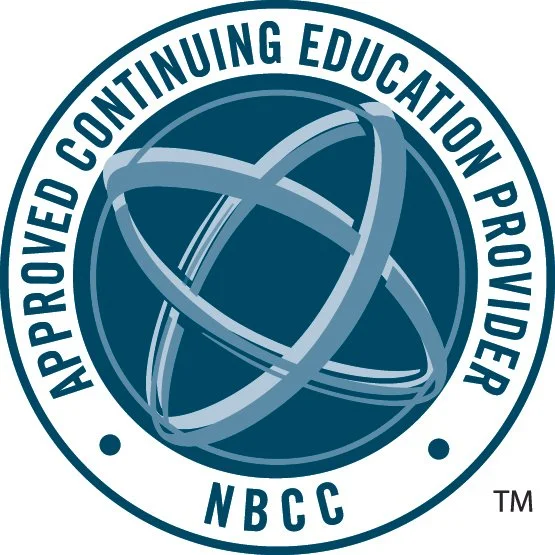Using Music During Clinical Interventions with LGBTQ+ Clients - 2.25 NBCC Credit Hours
By the end of this course, you will have useful tools to help your LGBTQ+ clients using music, engaging handouts, and meaningful homework. Music will be a helpful way to create a safe space for them to express themselves. Handouts will provide important information about LGBTQ+ history, rights, and mental health. Homework will encourage clients to explore their own stories. As you engage with these creative methods, you will gain confidence in LGBTQ+ counseling. You will leave with skills and a passion for supporting your clients, making each session an affirmation of their individuality and experiences.
-
-
Part I
Learning about LGBTQ+ issues is an exciting journey through diverse identities and experiences. Each discussion can help overcome barriers, challenge stereotypes, and celebrate the richness of human diversity. So, get ready to explore.
Learning about LGBTQ+ issues is an exciting journey through diverse identities and experiences. Each discussion can help overcome barriers, challenge stereotypes, and celebrate the richness of human diversity. So, get ready to explore.
-
Part II
Worksheets for LGBTQ+ therapy can enhance self-exploration and creative expression. They provide a structured way for clients to share their stories, discussing identity, experiences, and feelings in a safe environment. Using worksheets focused on LGBTQ+ topics, like identity affirmation, relationships, and societal issues, helps therapists build stronger connections and understanding.
Worksheets for LGBTQ+ therapy can enhance self-exploration and creative expression. They provide a structured way for clients to share their stories, discussing identity, experiences, and feelings in a safe environment. Using worksheets focused on LGBTQ+ topics, like identity affirmation, relationships, and societal issues, helps therapists build stronger connections and understanding.
-
Part III
LGBTQ+ counseling guidelines highlight the need for cultural awareness and inclusivity. Counselors should be open-minded and recognize the various identities in the community, including different sexual orientations and gender identities. Key skills involve using proven methods, supportive language, understanding personal biases, and fostering a safe and welcoming therapy space.
LGBTQ+ counseling guidelines highlight the need for cultural awareness and inclusivity. Counselors should be open-minded and recognize the various identities in the community, including different sexual orientations and gender identities. Key skills involve using proven methods, supportive language, understanding personal biases, and fostering a safe and welcoming therapy space.
-
Final Review
Key Concepts to Remember
1. Course Objectives
2. Main Topics (Introduction, Handout & Worksheet, Counseling Competencies & Best Practices)
3. Important Terms and Definitions
4. Practical Applications
5. Quiz Format - Expect true/false statement questions
6. Tips for Success - Revisit any notes you’ve completed throughout the course.
7. Final Thoughts - Trust in what you've learned
Key Concepts to Remember
1. Course Objectives
2. Main Topics (Introduction, Handout & Worksheet, Counseling Competencies & Best Practices)
3. Important Terms and Definitions
4. Practical Applications
5. Quiz Format - Expect true/false statement questions
6. Tips for Success - Revisit any notes you’ve completed throughout the course.
7. Final Thoughts - Trust in what you've learned
-
This reference list provides more information about the topics previously discussed.
-
Quiz & Course Evaluation
Complete your quiz and course evaluation form in order to receive your certificate of completion.
Complete your quiz and course evaluation form in order to receive your certificate of completion.
-
Joy Scout, LLC has been approved by NBCC as an Approved Continuing Education Provider, ACEP No. 7333. Programs that do not qualify for NBCC credit are clearly identified Joy Scout, LLC is solely responsible for all aspects of the programs.
